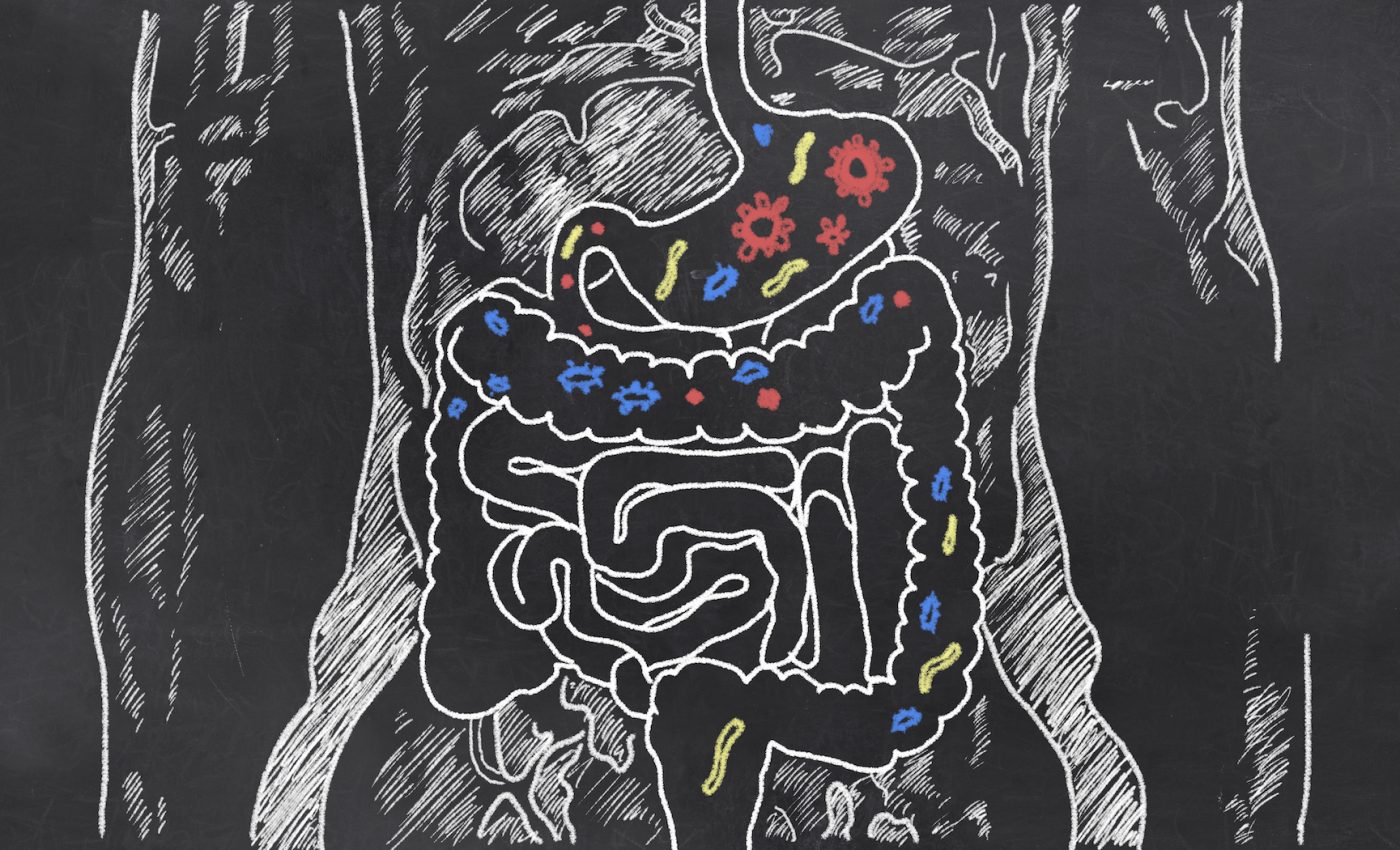
Your mood could be affected by your gut bacteria
Your mood could be affected by your gut bacteria. Within the past two decades, scientists have realized that gut bacteria can actually affect a person’s mood. According to a report in New Scientist, the path to discovery began in 2004 when a researcher at Kyushu University saw that mice who lacked microbes in their guts reacted abnormally to stress.
Unlike mice found in nature, these mice were raised in a sterile environment, and therefore lacked the valuable microbes found in the guts of wild mice. Without microbes, these lab-bred mice were left vulnerable to pathogens that would normally be fought off by the good bacteria in the gut. The team bred them to study the results of physical disease on microbe-lacking mice, however, they witnessed a surprising behavioral result as well.
The mice that lacked microbes spent less time with their fellow mice and had a more exaggerated response to stress in comparison to mice with the appropriate microbes. It almost looked as though the mice were depressed, as New Scientist reported. However, after researchers fed these mice a pathogen-free microbial mixture, the mice developed a normal stress response within mere days.
This connection between microbes and mood was then dubbed the gut-brain axis.
After this initial study, another study led by John Cryan and Ted Dinan of University College Cork discovered that the bacterium Lactobacillus rhamnosus has an anti-anxiety effect in mice.
“They became a lot more chilled out and relaxed. They behaved as if they were on Valium or Prozac,” Cryan said. “We looked at their brains and found widespread changes.”
To figure out how these findings related to humans, Cryan and Dinan gave normal mice a faecal transplant from a person with depression. The mice that received the transplant also developed depression-like symptoms, thus proving that the gut-brain axis discovered in mice translates to humans as well.
But it was still unclear how the gut-brain axis actually worked, according to New Scientist. Due to the blood-brain barrier, which prevents cells, particles, and some molecules from entering the brain, how could the neurotransmitters produced by microbes — which include dopamine and serotonin — affect the brain?
In 2017, scientists discovered a special set of cells in the gut lining, which detect neurotransmitters produced by microbes and create a pulse in the vagus nerve, which connects the gut to the brain. Furthermore, more evidence suggests that gut microbes and their molecules can actually adjust the integrity of the blood-brain barrier, and can even influence the development of the brain within the first three years of a person’s life.
Therefore, the amount of gut bacteria one has can actually affect the way a person processes emotions. And as another 2017 study from the University of California, Los Angeles, concluded, consuming probiotics can improve one’s emotional processing and may even curb some symptoms of depression and anxiety.
“I do believe the data supports a role for microbes modulating how we feel,” lead researcher Kirsten Tillisch told New Scientist, but she cautioned that these studies show correlation between gut microbes and mood, not causation.
Therefore, it’s possible that mood is affecting the microbes rather than the other way around.
In order to bring new probiotic-based mental health treatment to the mainstream, researchers must discover which microbes actually reside in the gut. To do so, a new technique of microbial research has been developed. It’s dubbed whole-genome shotgun sequencing and it can reportedly locate species and subspecies by analyzing every gene in a sample taken from an environment.
Whole-genome sequencing has already been used by researchers at KU Leuven in Belgium, who were able to view the microbes in the guts of over 1,000 people. By doing so, the team was able to report that people who were diagnosed with depression showed a reduced number of Coprococcus and Dialister bacteria.
“This new way of looking at brain health is literally turning things upside down,” Cryan told New Scientist.
—
By Olivia Harvey, Earth.com Staff Writer
Image Credit: Shutterstock/T. L. Furrer













